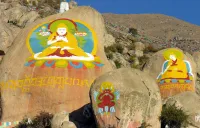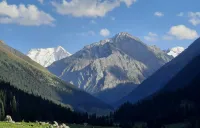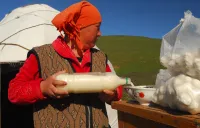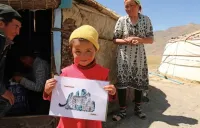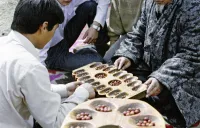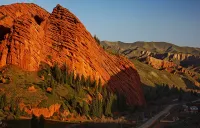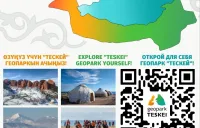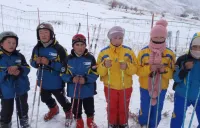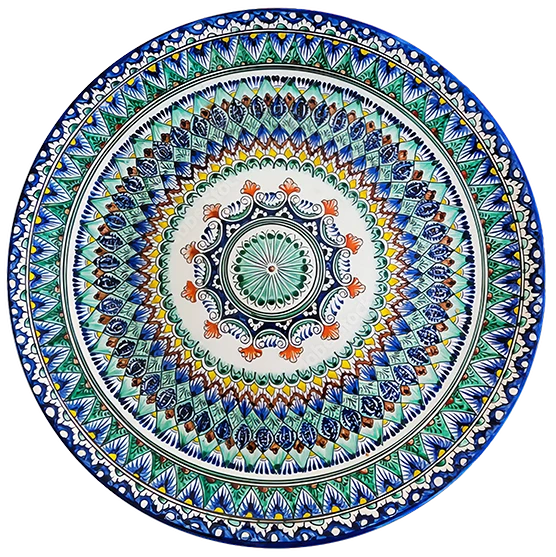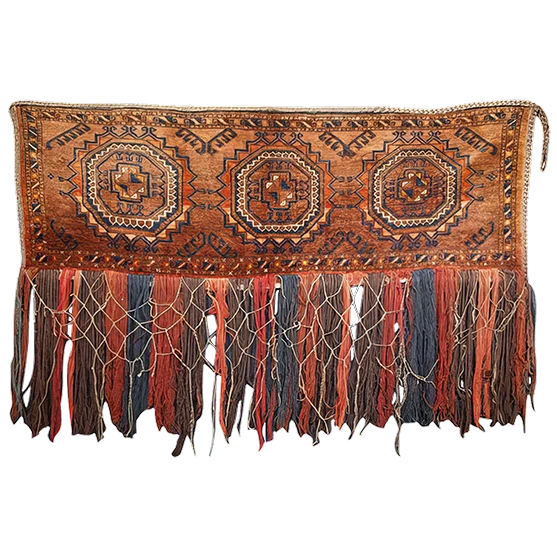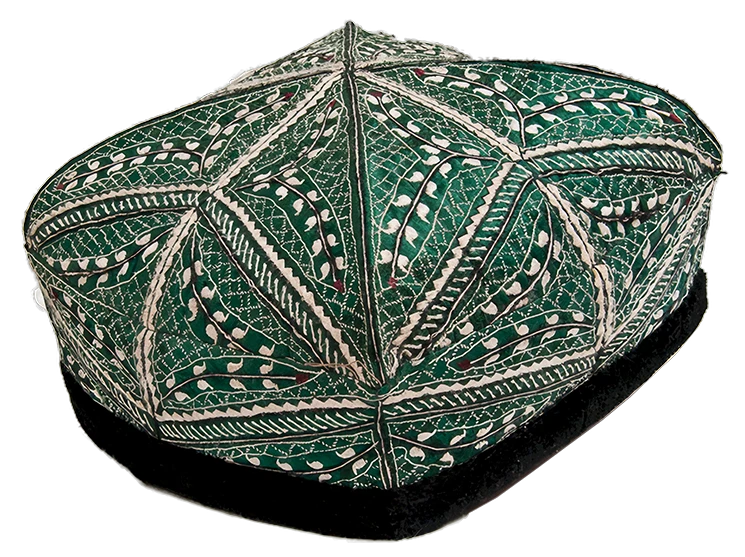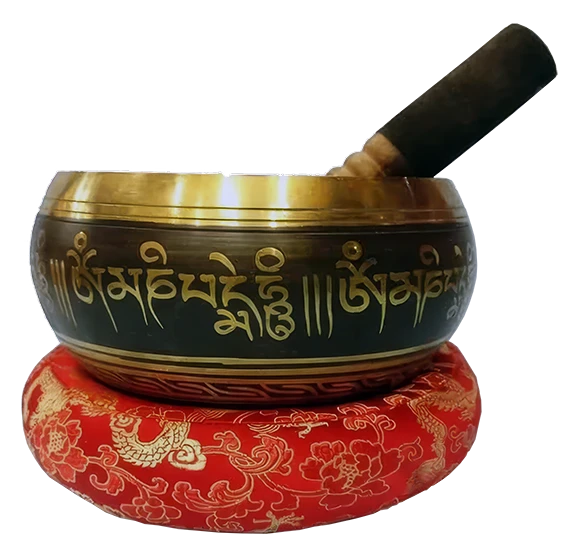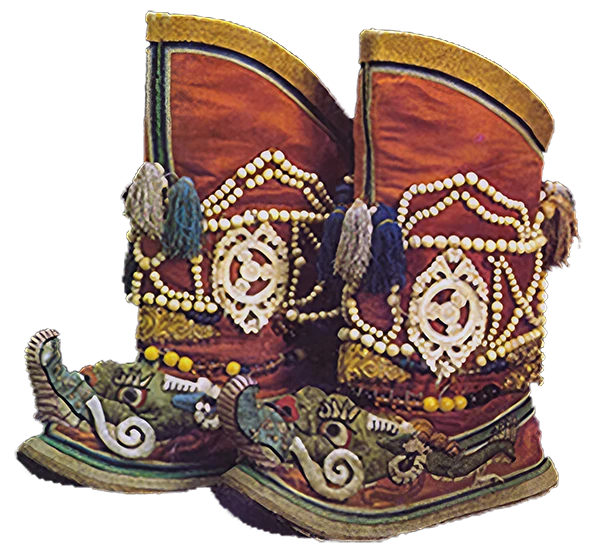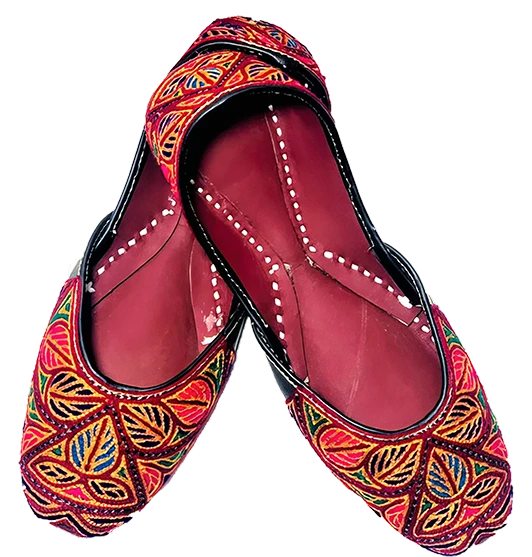A Union for the enjoyment of winter sports and the development of young people.
In a harmonious blend of winter sports enthusiasm and social awareness, Nomad's Land is proud to collaborate with the Swiss Association "Boule de Neige." Born from the shared passion for mountain adventures in Central Asia, "Boule de Neige" has become a conduit for fostering lasting connections between Swiss mountain enthusiasts and communities in Kyrgyzstan, Tajikistan, Pakistan and Afghanistan.
Samuel Maret, a key figure with deep roots in Kyrgyzstan, has been instrumental in cultivating these connections, linking Swiss schools, sports clubs, and winter sports aficionados with their counterparts in Central Asia. The focus on shared interests like snowboarding, skiing, and other winter activities has created a bridge between these communities.
At Nomad's Land, we recognize the importance of intertwining environmental responsibility with our love for exploration and adventure. To support this shared vision, we offer travelers the opportunity to not only compensate for the carbon footprint of their journey but also contribute to "Boule de Neige's" meaningful projects. A donation of 25 CHF can offset around 2 tons of CO2 (flight included) emitted during your travel, aligning your alpine adventures with a commitment to sustainability.
Embark on a journey with Nomad's Land, where every step taken in the pristine snow is a stride towards environmental conservation and community upliftment. Join hands with "Boule de Neige" and us as we carve the path for a winter wonderland that embraces both joyous recreation, children's happiness and conscientious stewardship.




